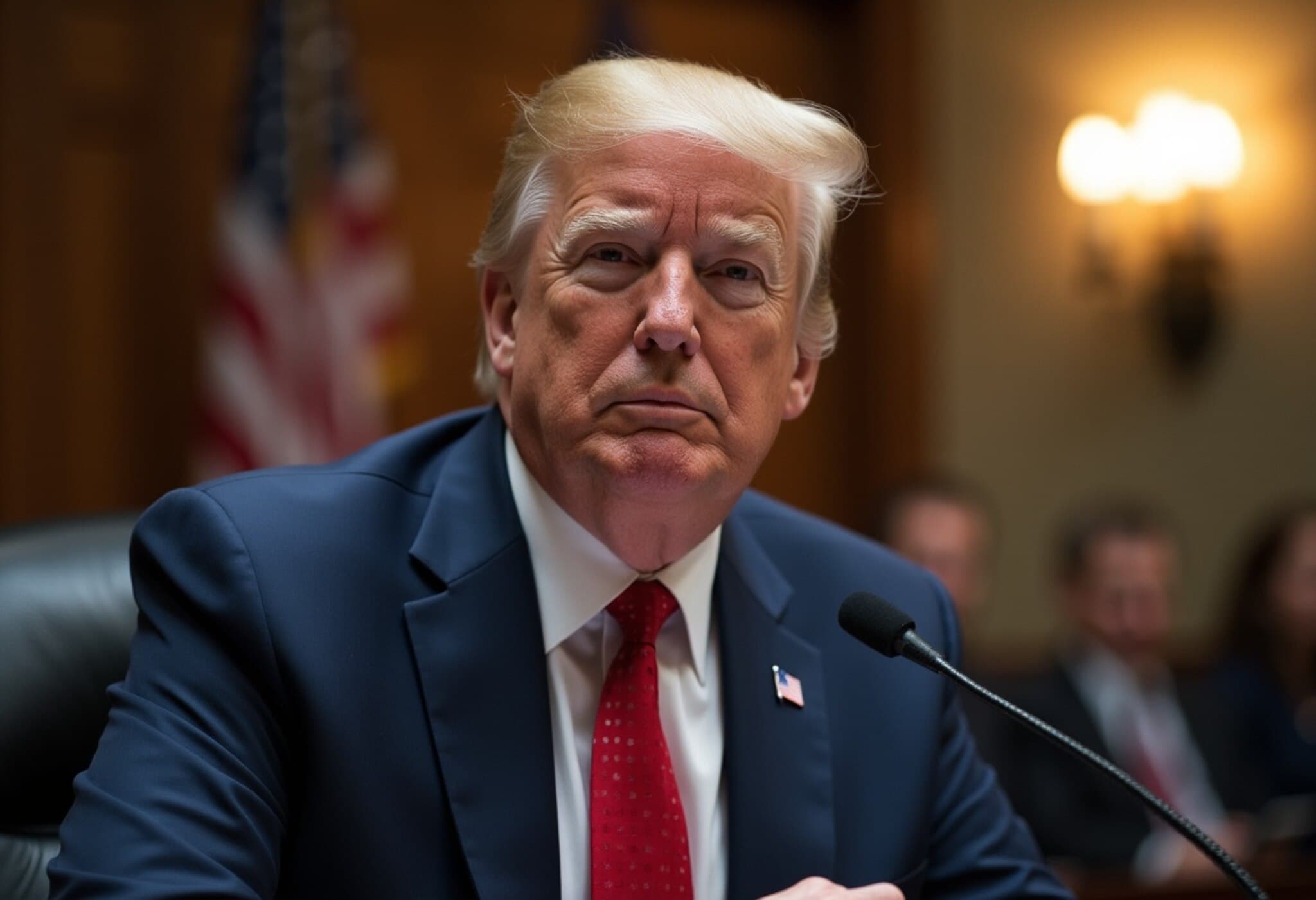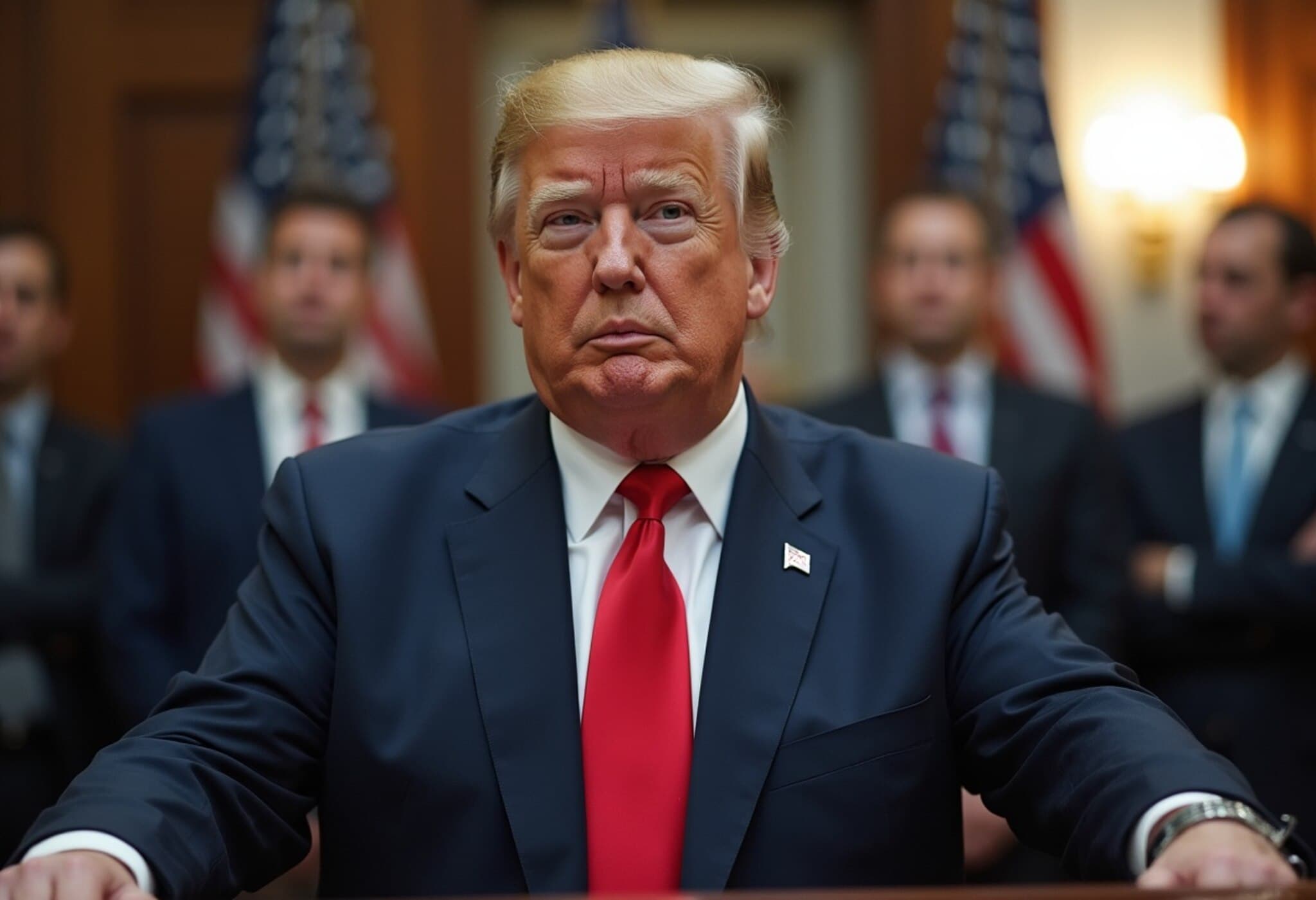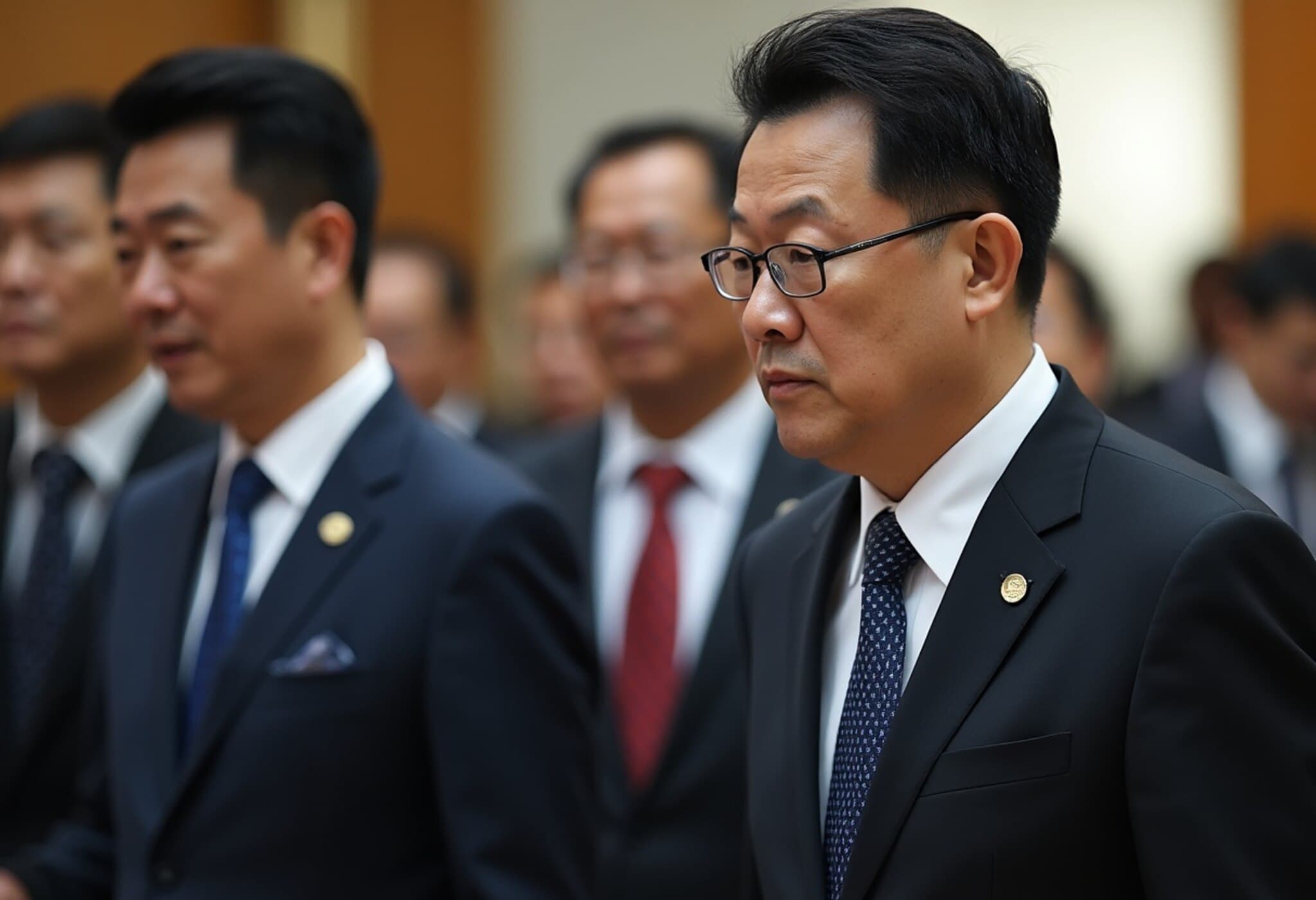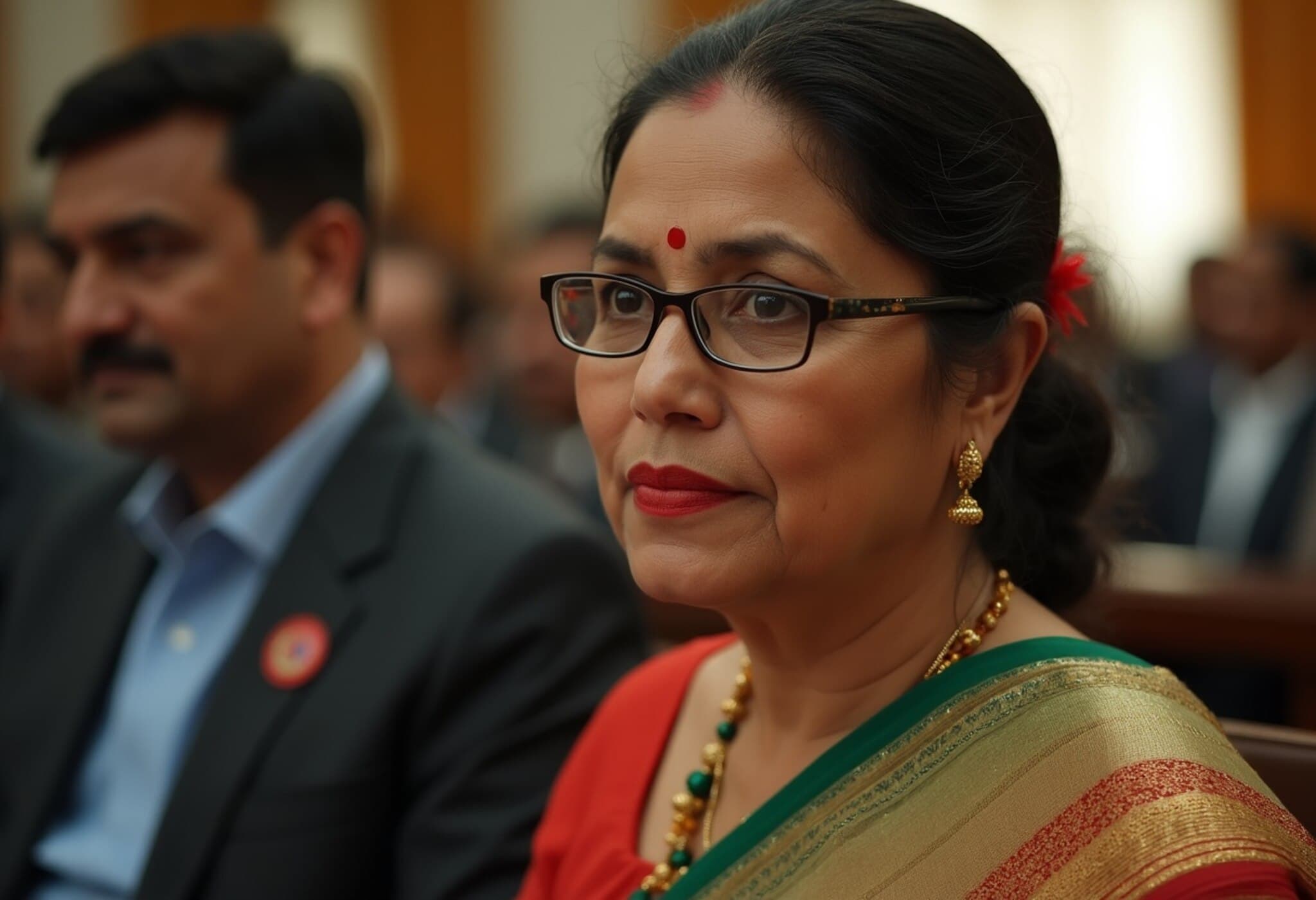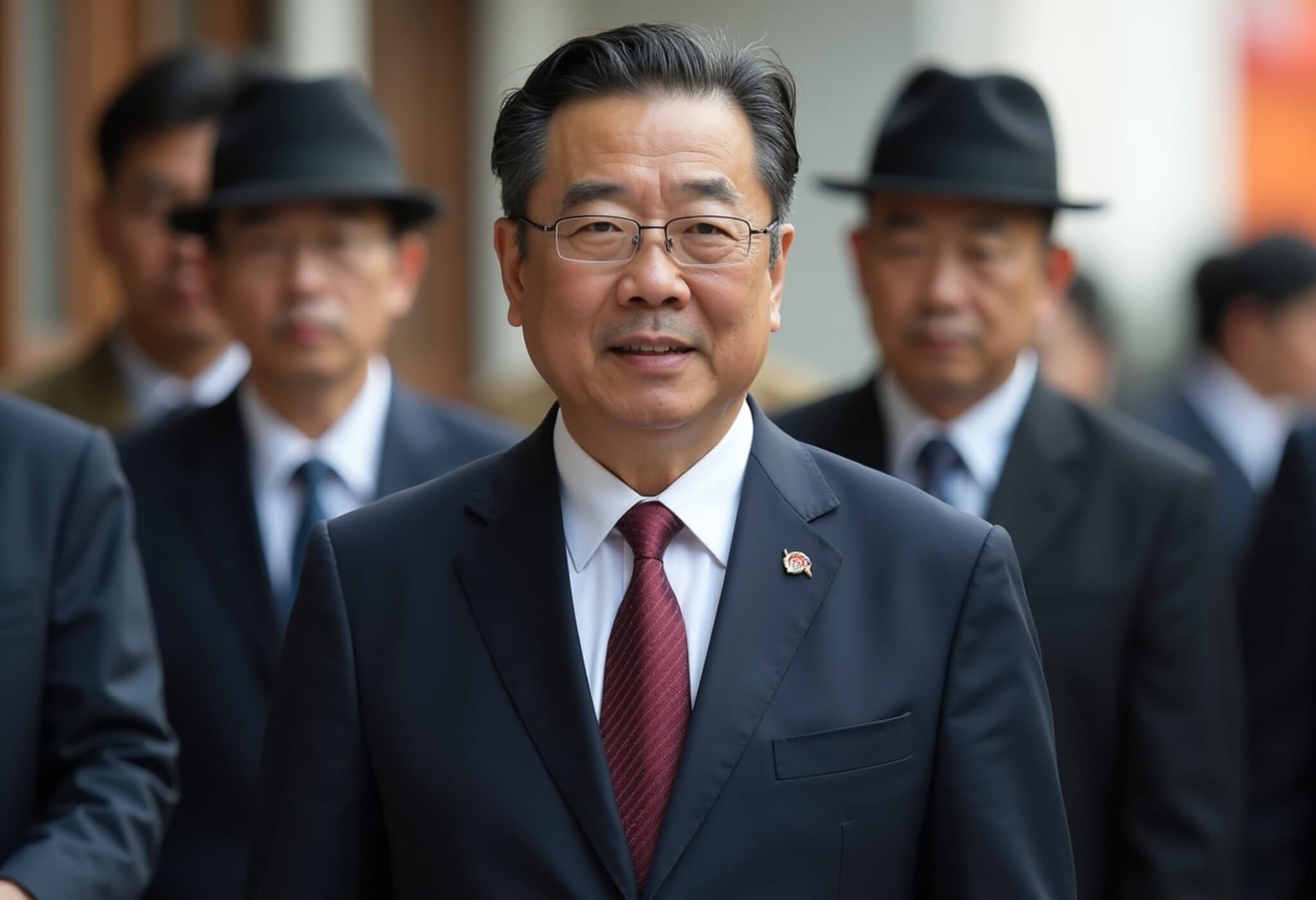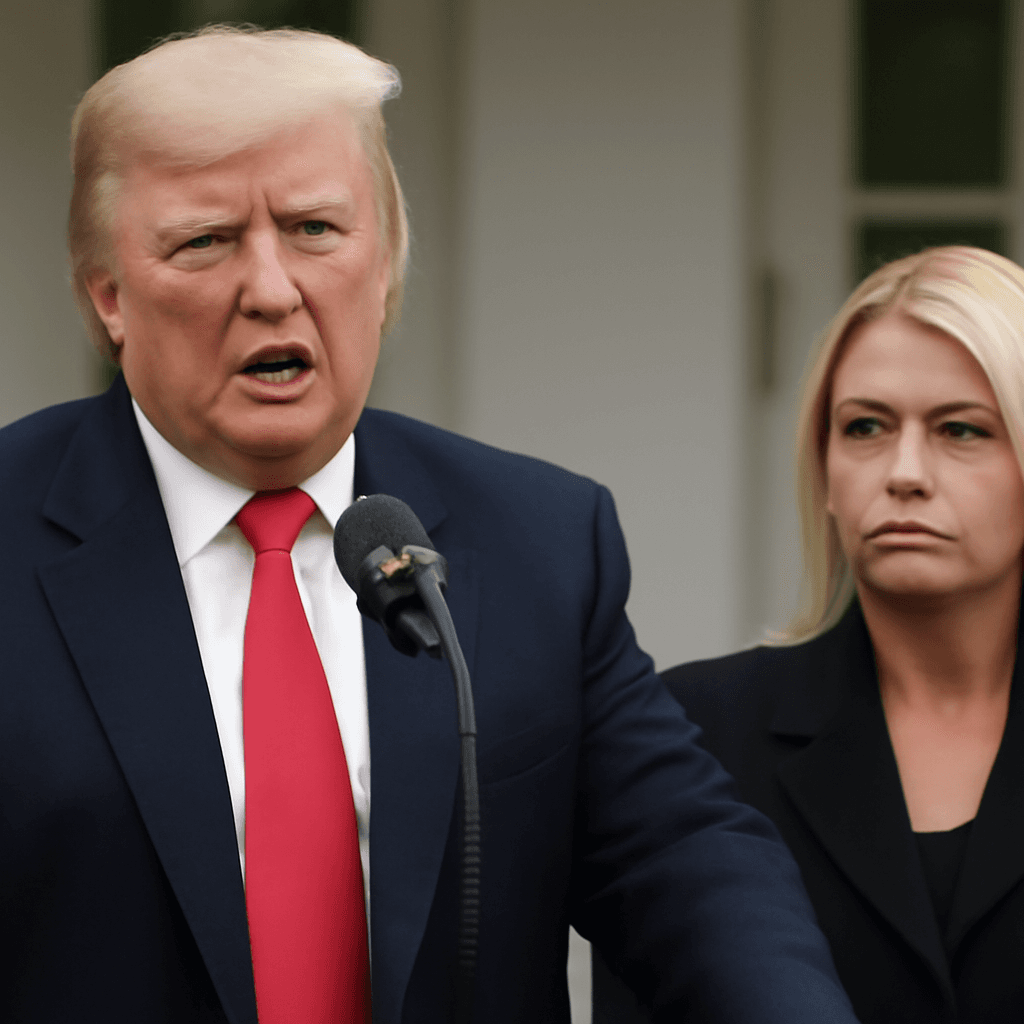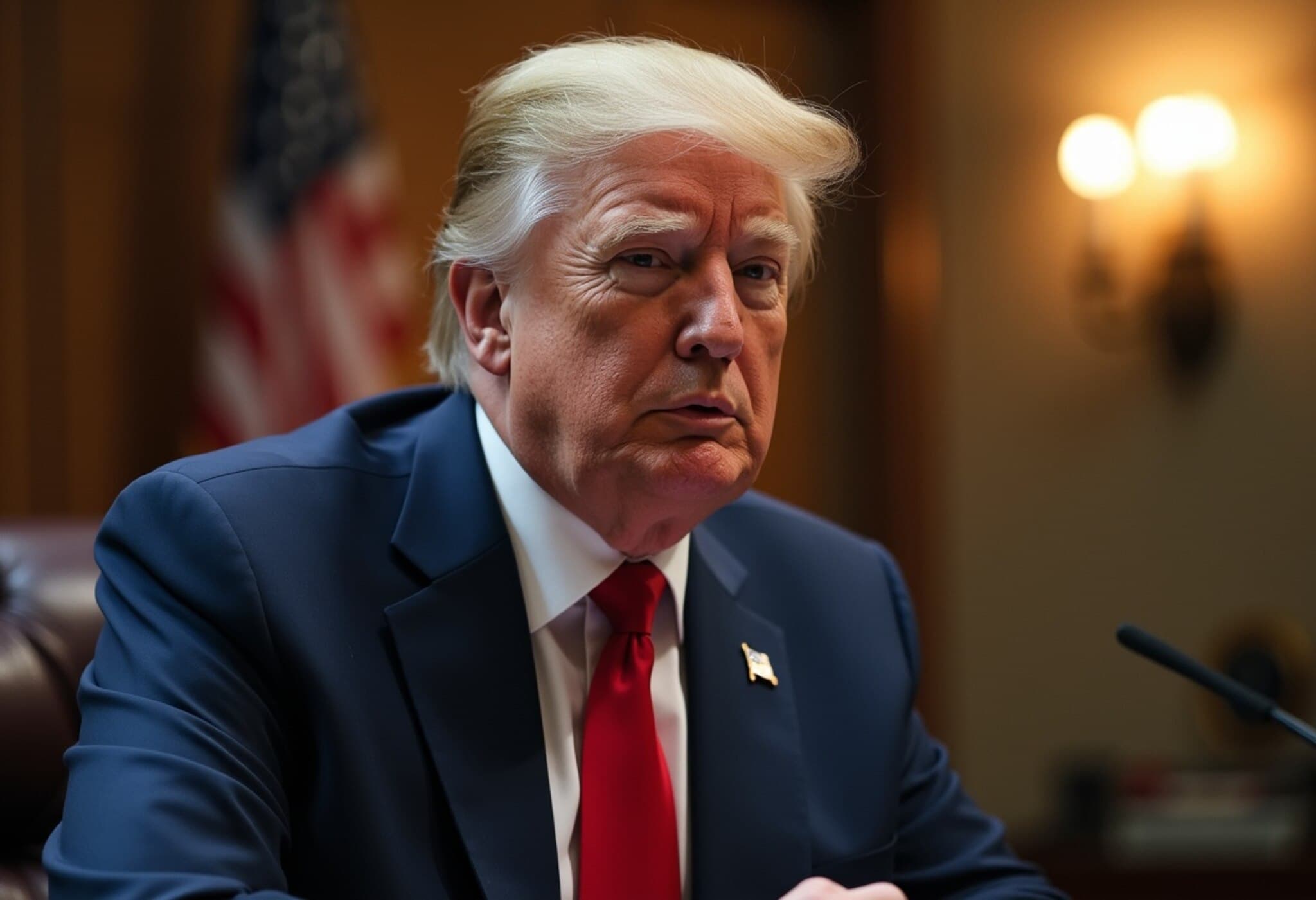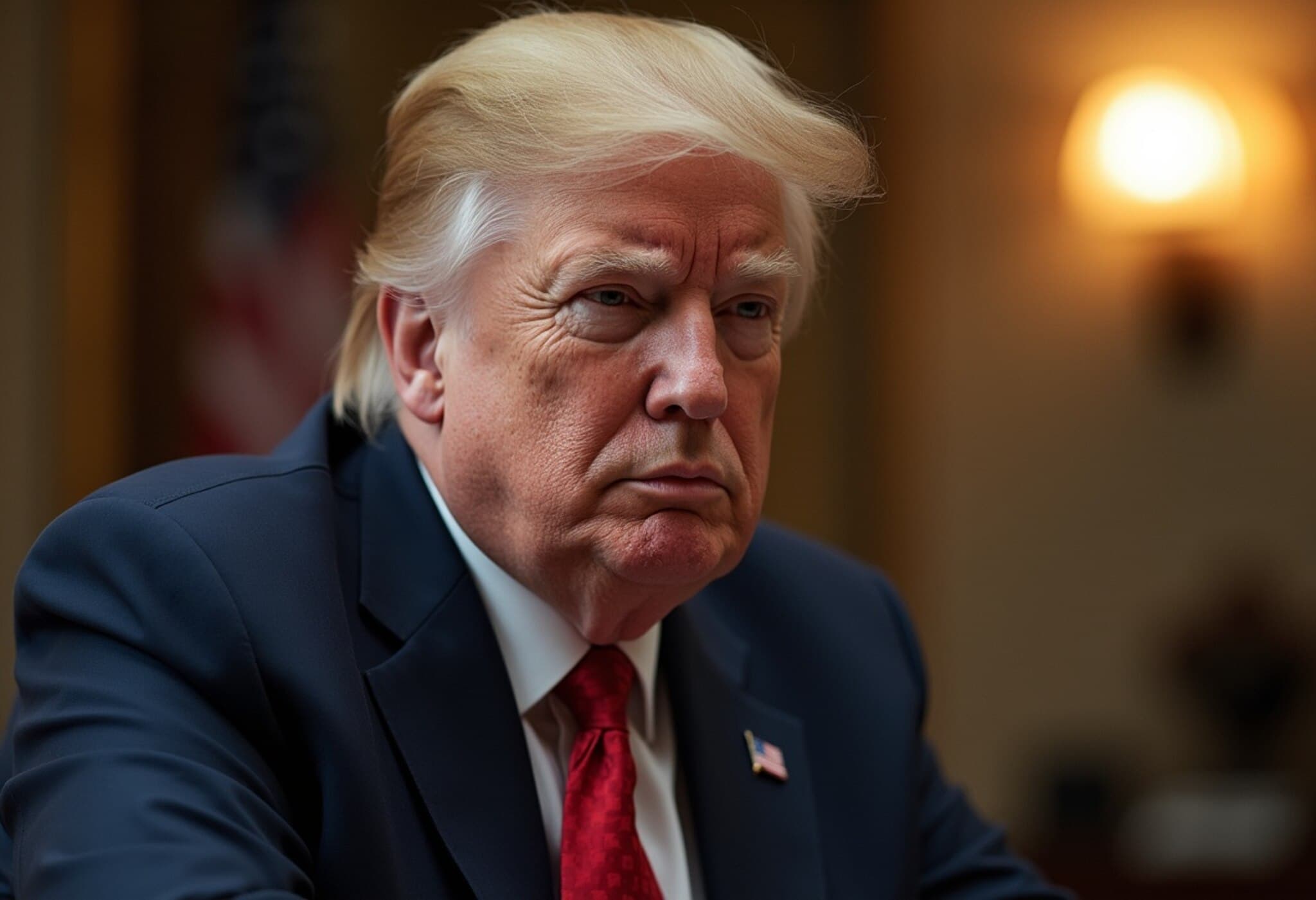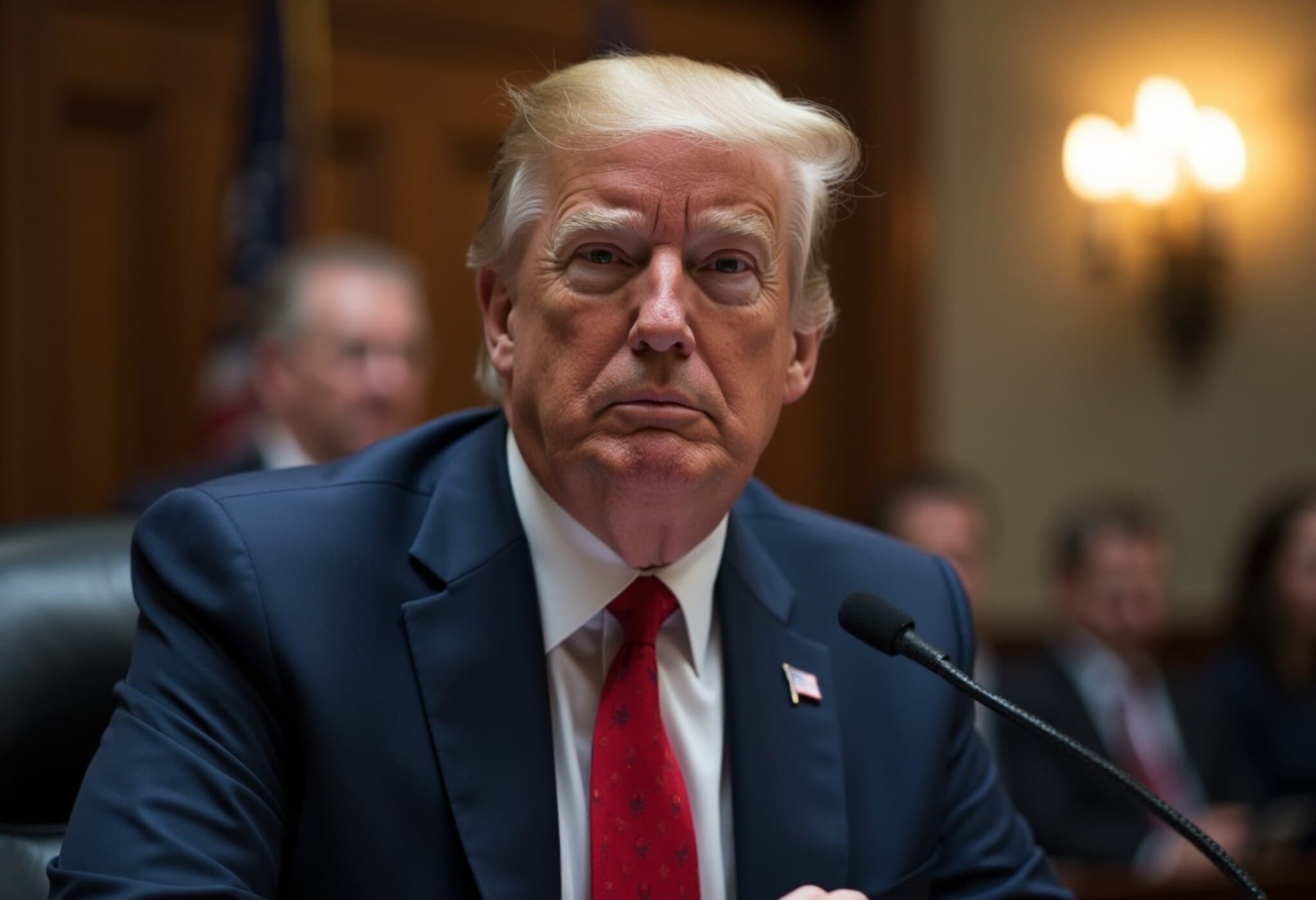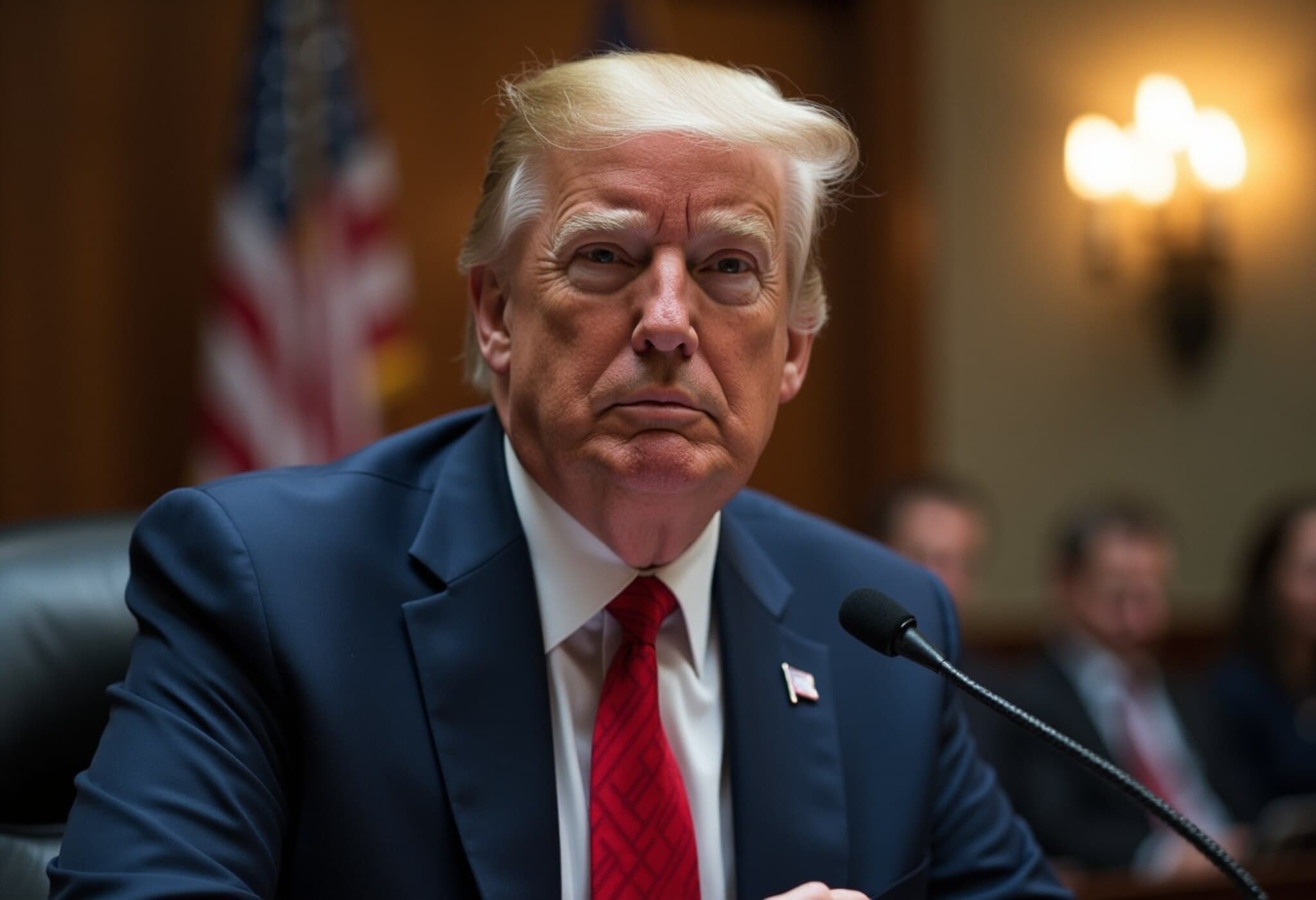U.S. Office of Special Counsel Launches Inquiry Into Former Special Counsel Jack Smith
The U.S. Office of Special Counsel (OSC), an independent federal agency tasked with enforcing government ethics laws, has initiated an investigation into former Special Counsel Jack Smith amid allegations of violating the Hatch Act. These accusations, primarily voiced by President Donald Trump and several prominent Republican figures, claim that Smith engaged in politically partisan conduct during his tenure overseeing investigations into Trump.
Background on the Hatch Act and the Scope of OSC Authority
The Hatch Act, a cornerstone law designed to maintain political neutrality among federal employees, explicitly prohibits government officials from engaging in partisan political activities while on duty. However, it's important to note that the OSC does not have prosecutorial power; it cannot press criminal charges. Instead, it may recommend disciplinary actions such as removal from federal employment or refer suspected violations to the Department of Justice for further review.
Political Context and the Push From GOP Lawmakers
On August 30, 2025, Senator Tom Cotton (R-Arkansas) pressed the OSC to investigate Smith for what he described as “unprecedented interference in the 2024 election.” Cotton has framed Smith’s legal actions as politically motivated, alleging they served as an unfair tool for the Biden-Harris campaign. Cotton’s comments, made publicly on the social media platform X, accused Smith of attempting to expedite criminal trials against then-presidential candidate Trump to influence the election outcome.
Despite these allegations, no concrete evidence has been presented to substantiate claims that Smith’s conduct violated legal or ethical standards. Historically, Hatch Act investigations rarely escalate to DOJ prosecutions; for instance, in 2019, the OSC recommended disciplinary action against White House Counselor Kellyanne Conway without a DOJ referral.
Jack Smith's Role as Special Counsel
Jack Smith was appointed by then-Attorney General Merrick Garland in November 2022, just days after Trump announced his 2024 presidential bid. Smith was assigned to lead two high-profile federal investigations into Trump, resulting in two indictments issued in 2023. However, Smith resigned in January 2024, just over a week before Trump’s inauguration, and did not bring any of the cases to trial.
Legal and Political Implications
- The OSC’s investigation underscores ongoing tensions between federal oversight bodies and political actors during a highly polarized election cycle.
- The inquiry raises questions about the limits of political expression and enforcement of ethics laws within politically sensitive investigations.
- Senate delay of the OSC leadership nominee, Paul Ingrassia, adds complexity to timely resolution, impacting the agency’s effectiveness.
Leadership Gridlock at the OSC
The OSC is currently operating without its permanent head after the Senate has stalled confirmation of President Biden’s nominee, Paul Ingrassia. Ingrassia, a former podcast host and legal expert, is engaging in individual meetings with senators as the administration attempts to break the deadlock ahead of a scheduled confirmation vote.
Why This Matters
This investigation has significant implications for federal oversight norms during election cycles and the politicization of ethics enforcement. For legal experts and political analysts, the case highlights the precarious balance between legitimate government investigations and perceptions of partisan overreach.
Expert Insight
Legal scholar Dr. Emily Hartman comments, "The Hatch Act is crucial in maintaining a separation between federal civil service and political campaigns, but its enforcement is often selective and influenced by political winds. The OSC's probe into Smith could set precedents on how future special counsels navigate political sensitivities without crossing ethical boundaries."
Meanwhile, policy analyst James Moreno emphasizes, "The stalled appointment of the OSC's head hampers timely accountability in federal ethics oversight, a delay that could leave critical investigations in limbo during politically charged periods."
What Remains to be Seen
The OSC’s findings could influence public trust in federal law enforcement's impartiality and prompt calls for clearer statutory guidelines governing special counsel conduct. Observers will be watching closely whether any disciplinary steps arise or if the inquiry concludes without formal action.
Editor's Note
The unfolding investigation into Jack Smith serves as a microcosm of the broader struggle to uphold integrity within the federal government amid deep partisan divides. It compels us to ask: How can government agencies enforce ethical standards effectively without becoming political footballs? And in an era where legal processes intersect heavily with election politics, what safeguards can ensure both accountability and fairness?

